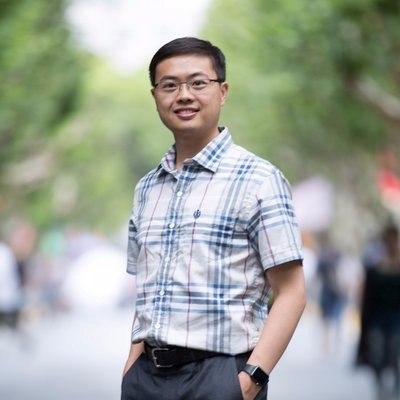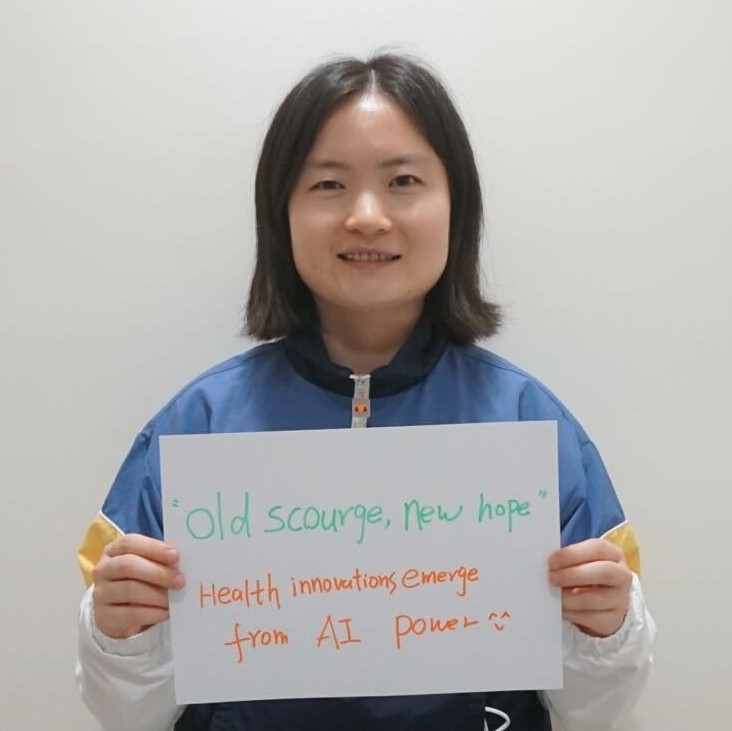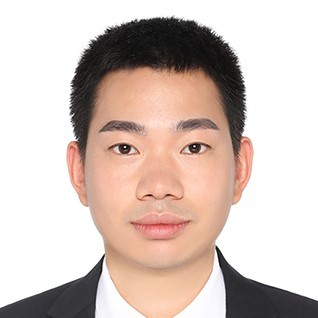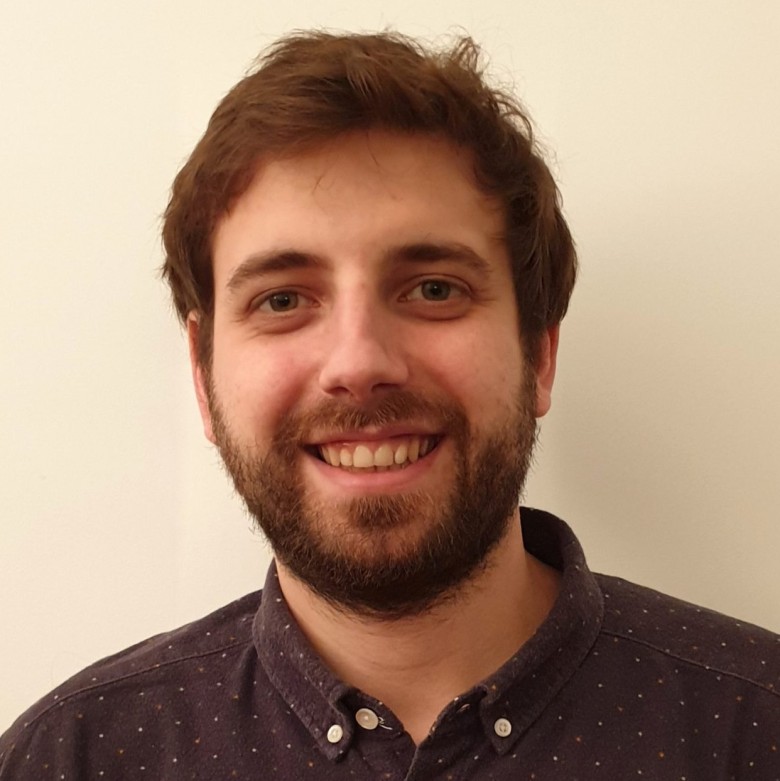Thu, 14 Jul 2022 1:00 PM - 5:30 PM
The emergence and spread of infectious pathogens have forced the World Health Organization to declare multiple rounds of the public health emergency of international concern in this new century. Major outbreaks causing global crises include the 2003 SARS epidemic, 2009 H1N1 pandemic, 2014–2016 Ebola epidemic in Western Africa, 2015–16 Zika virus epidemic in the Americas, and most recently, the COVID-19 pandemic.
To summarize disease patterns and dynamics using observed data and understand key mechanisms driving the evolution and spread of pathogens, a plethora of analytical frameworks and computational tools have been proposed in recent two decades. For example, infectious disease modeling studies enable us to perform short-term forecasts of the disease burden and healthcare demands. Machine learning approaches allow us to elucidate the antigenic evolution of pathogens including influenza, dengue, and SARS-CoV-2. Recent advancement of deep learning techniques demonstrates the potential of predicting the immune escape capacity and evolutionary fitness of virus variants using genome sequence data alone. Given these achievements, we advocate for a more systematic approach that can connect well-established and emergent research fields. Combining diverse methods from different disciplines will facilitate the integration of multiple heterogeneous data sources to fully understand and characterize the emergence and spread of infectious pathogens.
This satellite symposium will provide a unique forum to unite infectious disease researchers, bringing together experts from relevant disciplines including network science, infectious disease modeling, epidemiology, computer science, statistics, bioinformatics, and genomics. This symposium will provide a platform for participants with diverse backgrounds to share cutting-edge research, exchange ideas and promote interdisciplinary interactions.
Programme (UK time)
13:00 - 13:30 Dr. Shengjie Lai (School of Geography and Environmental Science, University of Southampton, UK)
13:30 - 14:00 Dr. Qingpeng Zhang (School of Data Science, City University of Hong Kong, Hong Kong)
14:00 - 14:30 Dr. Yao Pei (School of Public Health, the University of Hong Kong)
14:30 - 15:00 Dr. Quanhui Liu (College of Computer Science, Sichuan University, China)
15:00 - 15:10 Refreshment break
15:10 - 15:40 Dr. Brian Hie (School of Medicine, Stanford University)
15:40 - 16:10 Dr. Sidan Yao (Agency for Science, Technology and Research (A*STAR), Singapore)
16:10 - 16:40 Dr. Kaiyuan Sun (Fogarty International Center, National Institutes of Health)
16:40 - 17:10 Dr. Paolo Bosetti (Mathematical Modelling of Infectious Diseases Unit, Institut Pasteur, France)
17:10 - 17:30 Panel discussion
Speaker Biographies

Dr. Shengjie Lai, School of Geography and Environmental Science, University of Southampton, UK
Dr. Shengjie Lai is a Principal Research Fellow at the University of Southampton, UK and leading the Spatial Epidemiology and Public Health (SEPH) research group in WorldPop (www.worldpop.org). Dr Lai has been long engaged in interdisciplinary research focusing on human mobility and infectious disease transmission dynamics by using multidisciplinary approaches, e.g. GIS and epidemiology, and novel data sources, e.g. mobile phone and Internet check-in data, to provide an improved evidence-base for development and disease control decision-making. He has >140 papers published in scientific journals such as Nature, Science, Lancet Infectious Diseases, British Medical Journal, Nature Medicine, Nature Human Behaviour, National Science Review, and Nature Communications. His research has also been presented in multiple international conferences including the UN 5th International Conference on Big Data for Official Statistics, and featured in major media outlets such as BBC.
Topic: Measuring human mobility and COVID-19 intervention effectiveness

Dr. Qingpeng Zhang, School of Data Science, City University of Hong Kong, Hong Kong
Qingpeng Zhang is an Associate Professor with the School of Data Science at CityU. He received the B.S. degree in Automation from Huazhong University of Science and Technology in 2009, and the Ph.D. degree in Systems and Industrial Engineering from The University of Arizona in 2012. Prior to joining CityU, he worked as a Postdoctoral Research Associate with The Tetherless World Constellation at Rensselaer Polytechnic Institute. His research interests include healthcare data analytics, medical informatics, network science, and artificial intelligence. His research has been published in leading journals such as Nature Human Behaviour, Nature Communications, JAMIA and MIS Quarterly, as well as featured in press such as The Washington Post, The New York Times, New York Public Radio, The Guardian, The Daily Mail, and Global News.
Topic: Equitable access to COVID-19 vaccines makes a life-saving difference to all countries.

Dr. Yao Pei, School of Public Health, The University of Hong Kong
Yao PEI is currently a PhD candidate in the School of Public Health, The University of Hong Kong. Her main research fields include the evolution, ecology, and epidemiology of infectious diseases. Her current study focuses on deep learning applications on the bioinformatics, especially on genetic sequences. She has developed deep neural network tools and algorithms for studying virus cross-species transmission, and the identification and prediction of antibiotic resistance gene (ARG). She also has the study background in geographic information system (GIS), infectious diseases modelling, and pathogen phylodynamic analysis.
Topic: ARGNet: A deep neural network for robust identification and annotation of antibiotic resistance genes

Dr. Quanhui Liu, College of Computer Science, Sichuan University, China
Dr. Quan-Hui Liu is an epidemic modeler. He received his Ph.D. in Computer Science from the University of Electronic Science and Technology of China in Chengdu, China. Since the fall of 2019, he becomes an associate professor at the College of Computer Science in Sichuan University in Chengdu, China. His primary research interest is the investigation of the dynamics of infectious diseases using computational models applied to real-world data with the goal of informing public health decisions. His research activity aims at understanding the underlying laws of transmission, and then improving the preparedness of infectious disease by evaluating the alternative strategy using the modeling method. His expertise includes the development, simulation, and analysis of compartmental and agent-based models, the adoption of statistical inference and bayesian approaches to analyze epidemiological records. His past research focused on a variety of diseases including COVID-19, H1N1, measles and influenza. Dr, Quan-Hui have authored more than 30 research contributions in peer-reviewed journals.
Topic: Model-based evaluation on reactive school clousre strategy on the spread of COVID-19 and its alternative strategies

Dr. Brian Hie, School of Medicine, Stanford University
Dr. Brian Hie is currently a Stanford Science Fellow in the Stanford University School of Medicine and a Visiting Researcher at Meta AI where he works on algorithms for protein evolution and engineering applications. He received his Ph.D. in Electrical Engineering and Computer Science from MIT focused on computational biology, including methods for understanding viral evolution, single cell transcriptomics, and small molecule activity. He received his B.S. in Computer Science from Stanford University.
Topic: Understanding and guiding protein evolution with language models

Dr. Sidan Yao, Agency for Science, Technology and Research (A*STAR), Singapore
Dr. Sidan Yao is a research scientist in Computing & Intelligence Department at the Institute of High Performance Computing (IHPC) of the Agency for Science, Technology and Research (A*STAR) in Singapore. She received her PhD degree in Computer Science from Nanyang Technological University. Her research interests include deep learning, high-performance computing, architectural geometry and differential geometry.
Topic: Learning protein sequences to predict antigenic variation of human influenza viruses

Dr. Kaiyuan Sun, Fogarty International Center, National Institutes of Health
Dr. Kaiyuan Sun is currently a postdoctoral research scientist at the Division of International Epidemiology and Population Studies, Fogarty International Center, US National Institutes of Health. He got his PhD in Physics in the field of complex system and network science at Northeastern University. His research focuses on modelling infectious diseases dynamics of emerging pathogens. Through his PhD and postdoctoral training, he has worked on real-time analytical responses to public health emergencies including Ebola, Zika and the on-going SARS-CoV-2 pandemic. His research findings have been presented to public health agencies in the US, China, South Africa and the WHO.

Dr. Paolo Bosetti, Mathematical Modelling of Infectious Diseases Unit, Institut Pasteur, France
Dr. Paolo Bosetti is a research engineer in the Mathematical Modelling of Infectious Diseases Unit at Institut Pasteur in Paris. He received his Ph.D. in mathematics from University of Trento (Italy). His research focuses on the development of mathematical modeling and computational approaches to characterize the dynamics of infectious disease both at the host and population level. After the emergence of SARS-CoV-2, he performed numerous modelling analyses to characterize the impact of the pandemic in France. These studies informed the French public health response.
Topic: Assessing the impact of vaccination and non-pharmaceutical interventions on SARS-CoV-2 epidemic in France
Organisers
Dr. Lin Wang (lw660@cam.ac.uk), Department of Genetics, University of Cambridge, Cambridge, UK
Prof. Xiaoke Xu (xuxiaoke@foxmail.com), College of Information and Communication Engineering, Dalian Minzu University, China
Dr. Zhanwei Du (zwdu@hku.hk), School of Public Health, the University of Hong Kong, Hong Kong, China
Prof. Huaiyu Tian (tianhuaiyu@gmail.com), State Key Laboratory of Remote Sensing Science, Center for Global Change and Public Health, College of Global Change and Earth System Science, Beijing Normal University, Beijing, China
Dr. Ana Pastore y Piontti (a.pastoreypiontti@northeastern.edu), Laboratory for the Modeling of Biological and Socio-technical Systems, Northeastern University, Boston, MA, USA
Borame Sue Lee Dickens (ephdbsl@nus.edu.sg), Saw Swee Hock School of Public Health, National University of Singapore and National University Health System, Singapore
Prof. Petter Holme (petter.holme@aalto.fi), Department of Computer Science, Aalto University, Helsinki, Finland